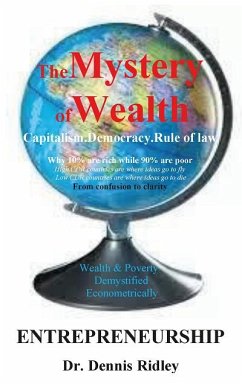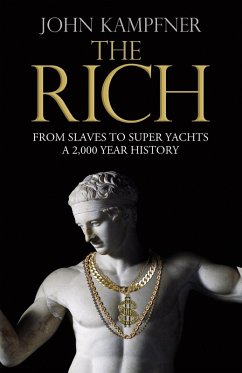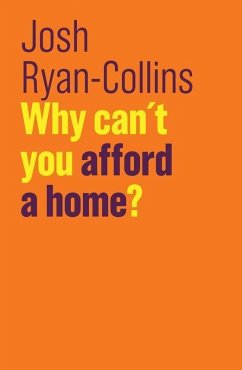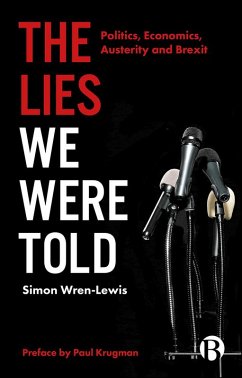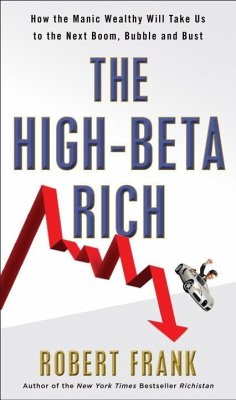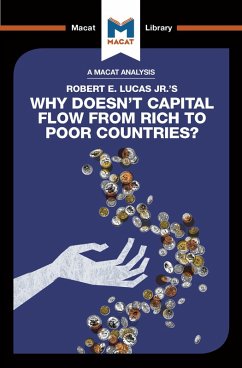
Why We Can't Afford the Rich (eBook, ePUB)
Versandkostenfrei!
Sofort per Download lieferbar
12,95 €
inkl. MwSt.
Weitere Ausgaben:

PAYBACK Punkte
6 °P sammeln!
As inequalities widen and the effects of austerity deepen, in many countries the wealth of the rich has soared. Why we can't afford the rich exposes the unjust and dysfunctional mechanisms that allow the top 1% to siphon off wealth produced by others, through the control of property and money. Leading social scientist Andrew Sayer shows how the rich worldwide have increased their ability to create indebtedness and expand their political influence. Winner of the 2015 British Academy Peter Townsend Prize, this important book bursts the myth of the rich as specially talented wealth creators. It s...
As inequalities widen and the effects of austerity deepen, in many countries the wealth of the rich has soared. Why we can't afford the rich exposes the unjust and dysfunctional mechanisms that allow the top 1% to siphon off wealth produced by others, through the control of property and money. Leading social scientist Andrew Sayer shows how the rich worldwide have increased their ability to create indebtedness and expand their political influence.
Winner of the 2015 British Academy Peter Townsend Prize, this important book bursts the myth of the rich as specially talented wealth creators. It shows how the rich are threatening the planet by banking on unsustainable growth. The paperback includes a new Afterword updating developments in the last year and forcefully argues that the crises of economy and climate can only be resolved by radical
change to make economies sustainable, fair and conducive to well-being for all.
Winner of the 2015 British Academy Peter Townsend Prize, this important book bursts the myth of the rich as specially talented wealth creators. It shows how the rich are threatening the planet by banking on unsustainable growth. The paperback includes a new Afterword updating developments in the last year and forcefully argues that the crises of economy and climate can only be resolved by radical
change to make economies sustainable, fair and conducive to well-being for all.
Dieser Download kann aus rechtlichen Gründen nur mit Rechnungsadresse in A, D ausgeliefert werden.




